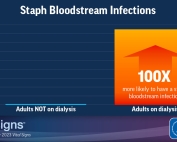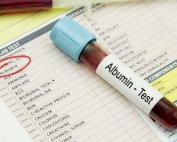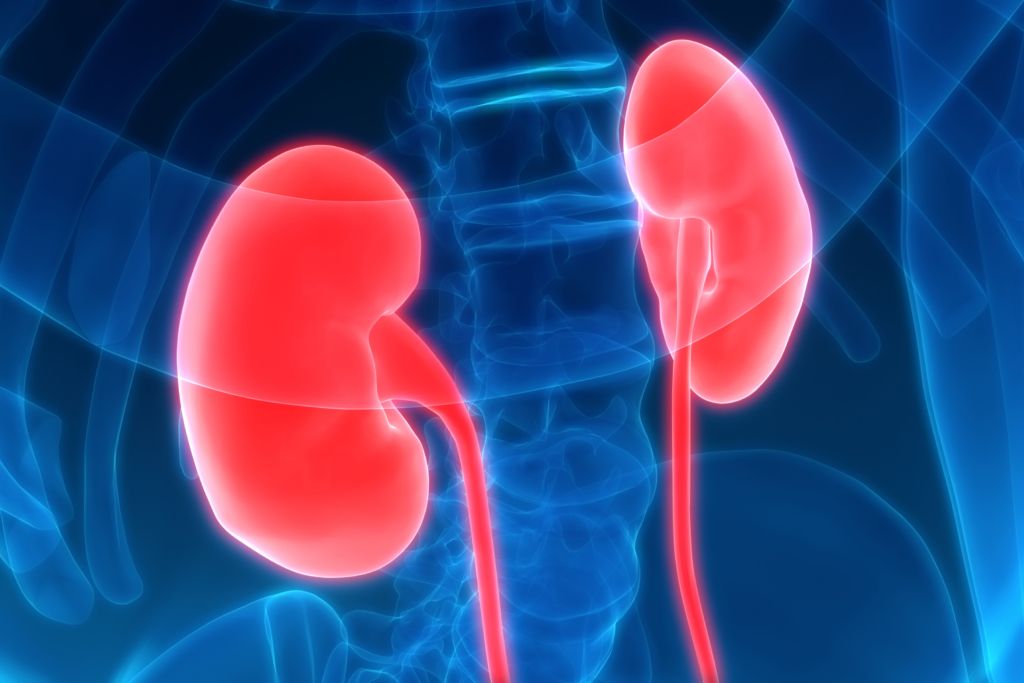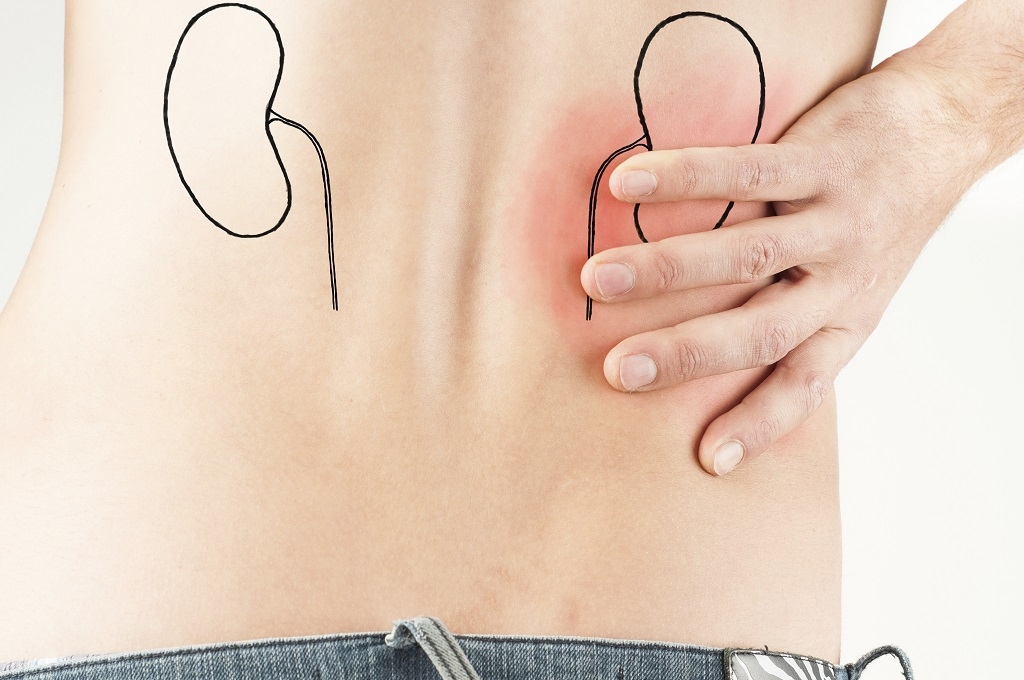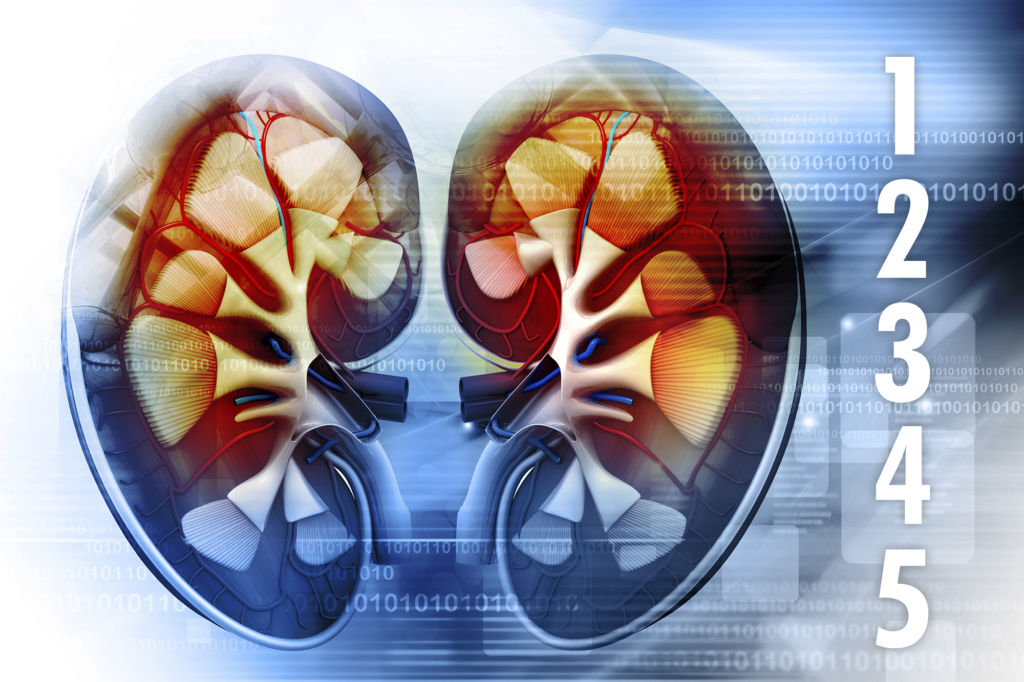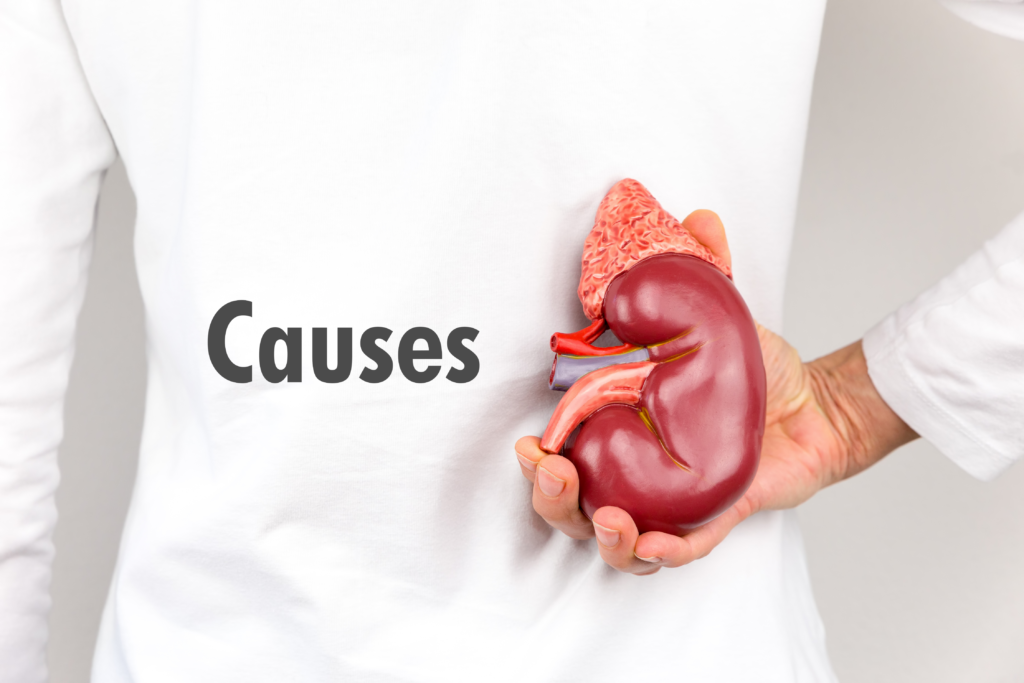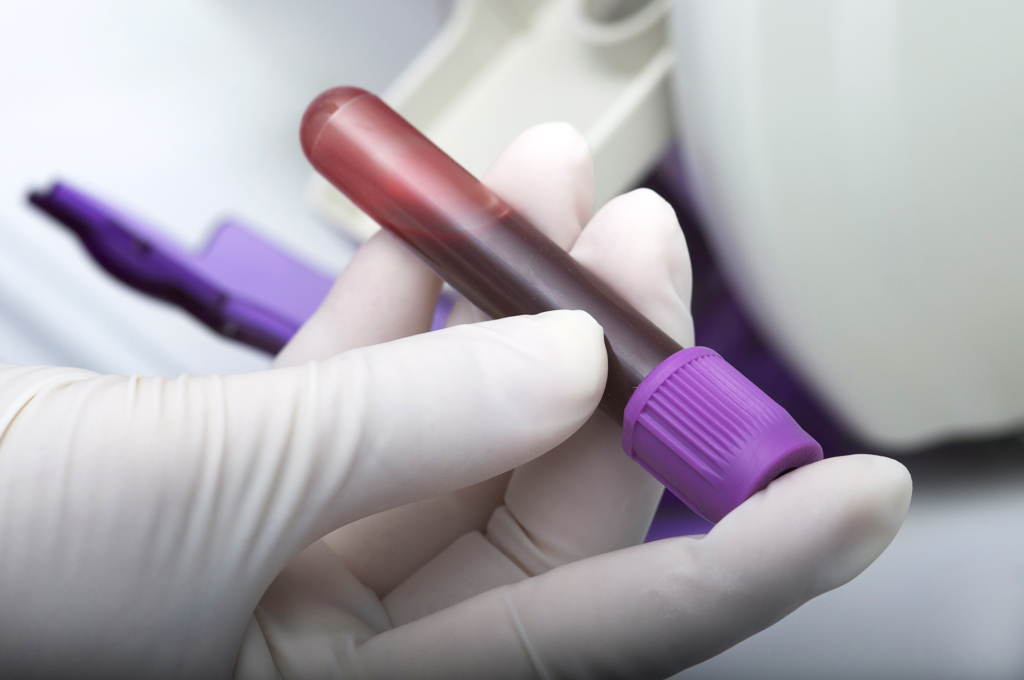What is Kidney Disease?
Explore this section to learn more about chronic kidney disease (CKD). You will find that CKD, which can happen at any age, can have both common and rare causes. Learn about the symptoms, some of which may not show up until a later stage of the disease.
A few simple tests can alert you and your doctor to early kidney disease for additional testing or diagnose you with the disease.
Even if you only have one of the risk factors, it is a good idea to get a screening at one of the free testing sites or at your doctor’s office. There will be minor differences from place to place, but the basic tests used are blood, urine, imaging or biopsy. At a screening your healthcare provider will use a quick assessment to determine what tests make the most sense.
Blood Tests
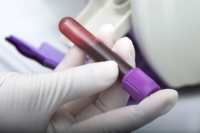
These will range from a few drops of blood from your finger for a glucose (blood sugar) test to a couple of small vials generally taken from your arm. The tests will look at your risk factors such as cholesterol and lipid levels, iron for anemia, thyroid function and bone/muscle function. A more direct test is to measure your creatinine levels to get an idea of how well your kidneys are working. Creatinine levels combined with age, gender and race combine to give an estimated glomerular filtration rate (eGFR). This number is used to determine the extent of damage to your kidneys.
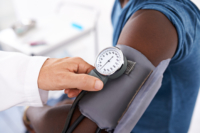
Blood Pressure Tests
Either a machine or traditional cuff will be attached for an automatic or manual reading. High blood pressure is one of the leading causes of kidney failure and an abnormally high result will alert your doctor to do more tests.
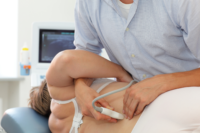
Image Studies
Most commonly an ultrasound that will only be used if your doctor suspects kidney disease/trauma. The ultrasound will enable your doctor to view the soft tissue to get an idea of the size and function of your kidneys.
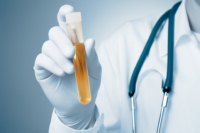
Urine Test
This is a simple test that can be done quickly to determine if there are abnormalities such as excess protein in your urine.
Related Information
Ask the Doctor April 2024
Velma Scantlebury, MD, DPC Education Center Health Care Consultant 1. Will a transplanted patient who receives a kidney from a diabetic individual become diabetic? Diabetes results from a lack of the ability [...]
For Mike Guffey, Working Was Key to Staying Positive
Mike Guffey When Mike Guffey began dialysis treatments in 2008, one of his top priorities was to ensure he had a reason to keep moving forward, something to look forward to when [...]
Black and Hispanic Patients on Dialysis Have Higher Rates of Staph Bloodstream Infections
Actions to Reduce Inequities Can Save Lives CDC Newsroom Media Statement – Originally published February 6, 2023 Contact: Media Relations, (404) 639-3286 Adults on dialysis treatment for end-stage kidney disease were 100 times more [...]
The Case for Personalized Kidney Screening for People with Type 1 Diabetes
A new analysis by the Epidemiology of Diabetes Interventions and Complications study group (funded by the National Institute of Diabetes and Digestive and Kidney Diseases (NIDDK), part of the National Institutes of Health) makes a [...]
Anemia in People with Chronic Kidney Disease
By Jay Wish, MD Anemia is defined as a lower-than-normal level of hemoglobin in the blood. Hemoglobin is the protein in red blood cells that carries oxygen to all tissues and allows those [...]
New Study Shows Age-Related Kidney Function Differs by Gender
A study of 1,837 people aged 50-62, which replicated accurate measurements of kidney function in health women and men over time, may partly explain why more women are diagnosed with early CKD and more [...]



